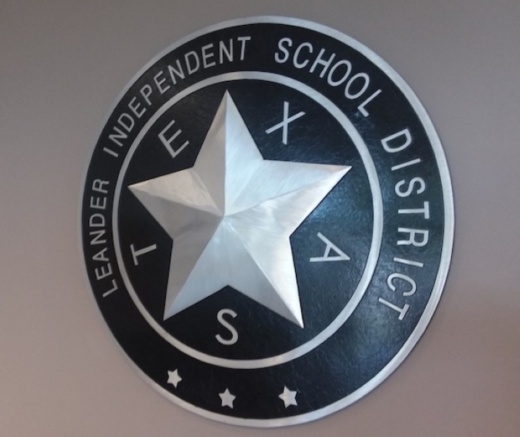District officials presented the manual to the LISD school board Sept. 30. The process to build the manual was based on board, community and teacher feedback, said Jennifer Collins, the assistant superintendent for curriculum. This began in April, and a draft was finalized in September.
LISD Chief Academic Officer Matt Bentz said the district's goals were to improve the vetting of instructional resources before adoption and to develop processes and systems of consistency. He said the manual will align criteria with a newly adopted policy, increase opportunities for community feedback and align instructional resource selection schedules over the next five years.
The manual includes a section about types of adoptions, suggested timelines, district and campus committee responsibilities, committee membership ideas, sample rubrics, standardized community feedback processes and procurement processes for purchasing.
The district has a schedule of adoptions over the next five years with some adoption timelines scheduled by the Texas Education Agency. In the 2021-22 school year, the district will go through selection processes for K-12 health and physical education, sixth grade social studies, AP environmental science, marketing, nutrition and dietetics, and kinesiology.
The new timeline for all adoption processes will begin in September or October of the school year with a call for campus community members, Collins said. Throughout the school year, there would be district-level meetings with campus members (October-January), campus-level meetings (November-February), community feedback gathering (January-February) and campus-level feedback gathering (February). Then, district officials would present a materials recommendation to the board in March or April.
Community feedback will include a virtual preview on the district website, in-person previews for at least one month, a district media blast, collaboration with districtwide committees, virtual presentations and three virtual community listening sessions, Collins said.
Additionally, the vetting rubric has a new section about the Policy EF selection criteria.
“The wording in the manual right now states that if it doesn’t match with Policy EF, then it shouldn’t even go through the rest of the process,” Collins said.
Collins said this manual applies to core materials that the district provides including district-provided classroom libraries. But, for example, when teachers independently bring books into their classrooms, they would have to vet those materials with Policy EF themselves.





